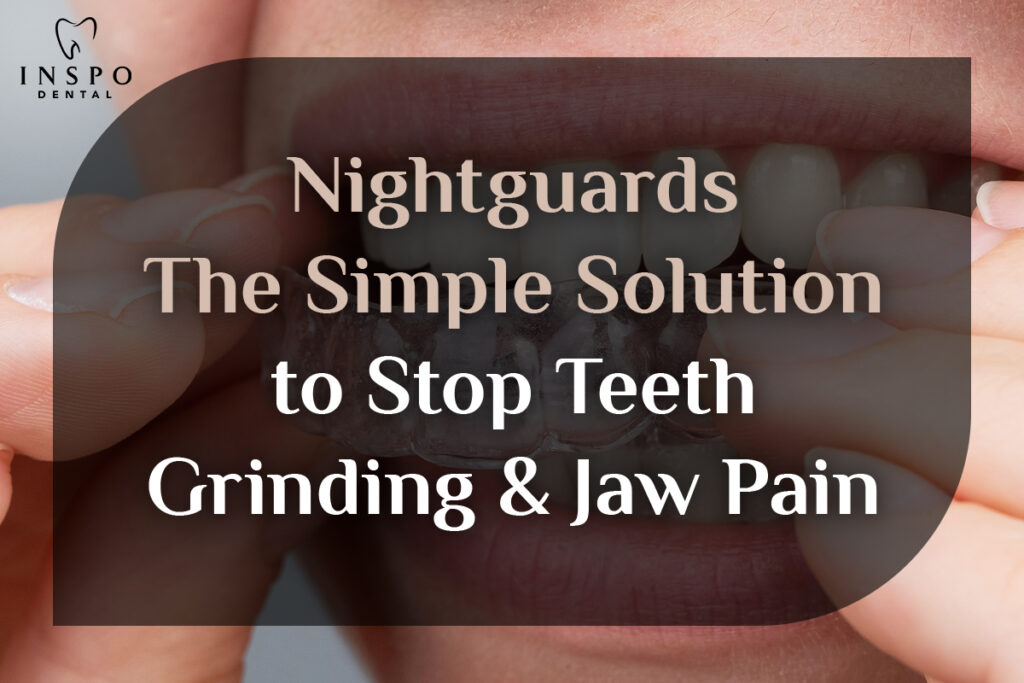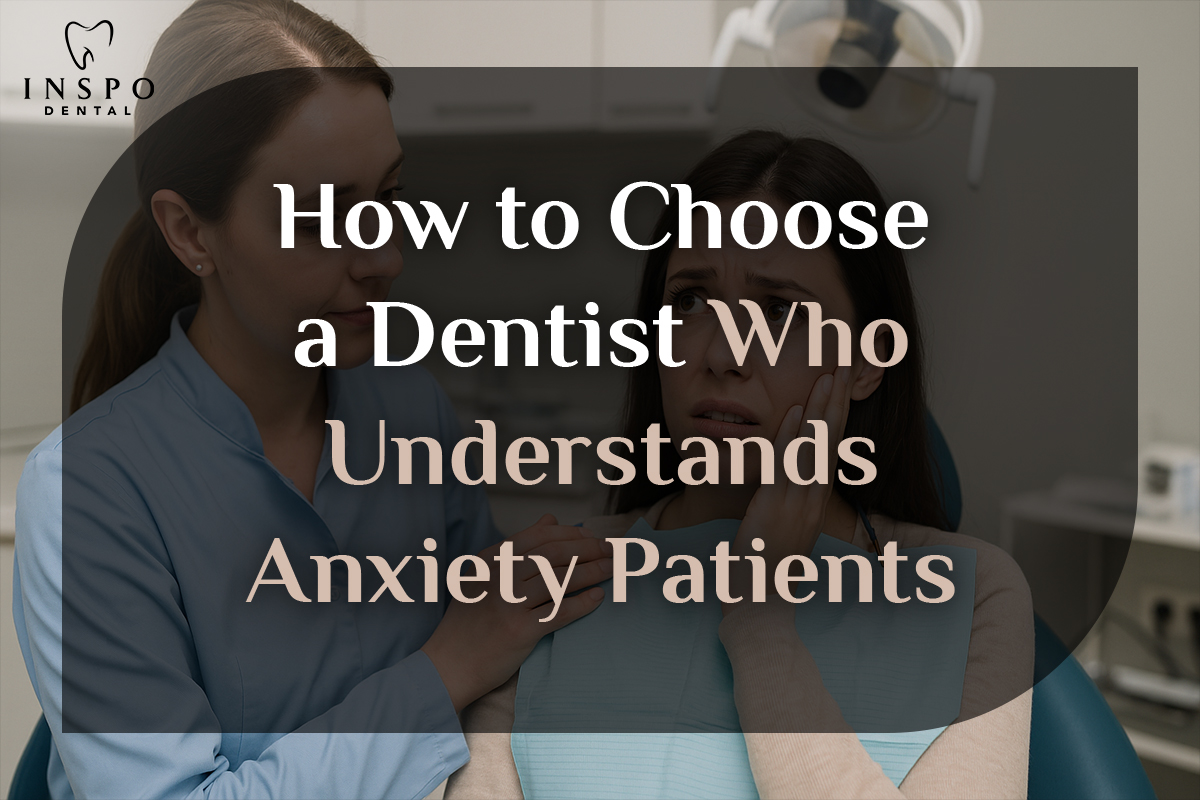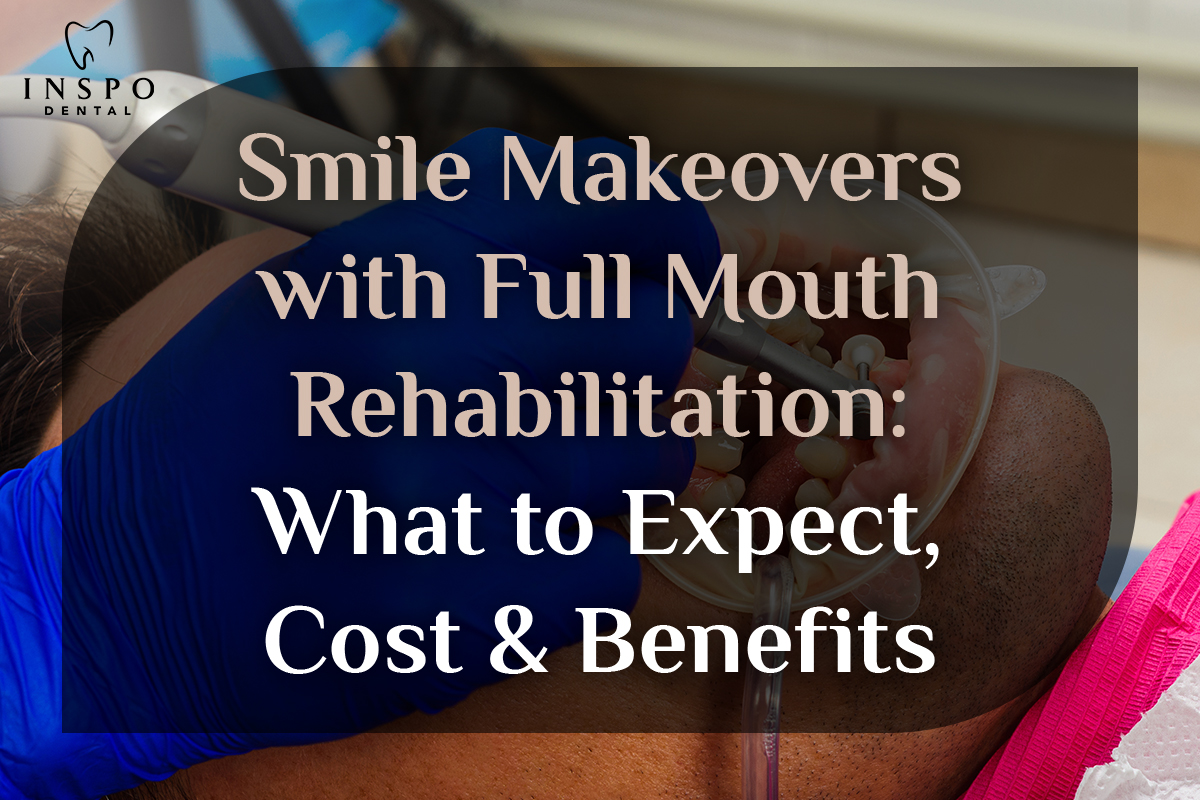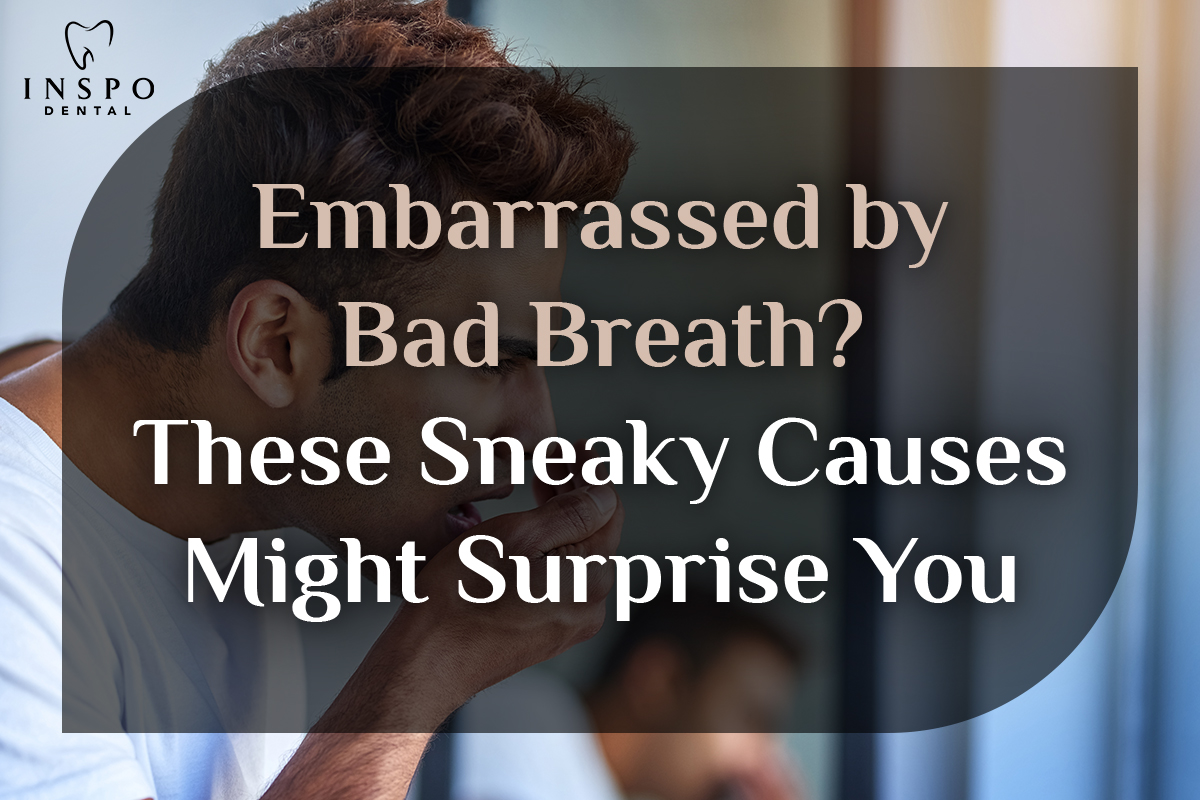Introduction: Understanding the Silent Threat of Teeth Grinding
Teeth grinding—also known as bruxism—is more than just an annoying nighttime habit. It’s a widespread condition that can quietly destroy your dental health, disrupt your sleep, and cause chronic jaw pain. While many people dismiss it as harmless, the long-term effects can be both painful and expensive.
But the solution? Surprisingly simple.
Nightguards—custom-fitted dental devices worn while sleeping—offer one of the most effective, affordable, and non-invasive solutions to stop grinding and protect your teeth. In this blog, we’ll explore everything you need to know about nightguards, from how they work to the different types available, and how to choose the right one for your needs.
🦷 What Is Bruxism and Why Does It Happen?
Bruxism is the involuntary grinding, clenching, or gnashing of teeth, usually during sleep but sometimes while awake. It’s often associated with stress, anxiety, or misaligned teeth (malocclusion).
Common Causes of Bruxism:
✅ Stress and emotional tension
✅ Sleep disorders like sleep apnea
✅ Lifestyle factors—caffeine, alcohol, or recreational drugs
✅ Bite issues or dental misalignment
✅ Medications (some antidepressants or stimulants)
Over time, untreated bruxism can lead to serious dental and muscular problems. That’s where nightguards come in.
🛡️ What Are Nightguards?
A nightguard (also called an occlusal guard or bite splint) is a custom-molded dental device designed to fit over your upper or lower teeth while you sleep. It serves as a protective barrier that:
✅ Cushions your teeth from grinding
✅ Reduces tension on jaw muscles
✅ Prevents tooth damage and wear
✅ Minimizes the risk of TMJ (temporomandibular joint) disorders
Nightguards are typically made from durable acrylic or soft polymers and are available in several types based on the severity of your bruxism and jaw alignment.
⚠️ The Hidden Dangers of Ignoring Bruxism
Bruxism might seem minor, but left untreated, it can lead to long-term complications that impact your overall health and quality of life.
Risks of Untreated Teeth Grinding:
❌ Worn down enamel and flattened biting surfaces
❌ Cracked, chipped, or broken teeth
❌ Gum recession and increased sensitivity
❌ Chronic jaw pain or TMJ dysfunction
❌ Headaches, neck aches, and earaches
❌ Sleep disruption for both you and your partner
The longer you wait, the more complex (and costly) treatment becomes. Nightguards provide a simple, proactive way to prevent damage before it starts.
🛌 How Do Nightguards Work?
Nightguards function by creating a physical barrier between your upper and lower teeth, preventing direct contact during grinding or clenching. But their impact goes deeper than just protecting enamel.
Key Functions of a Nightguard:
✅ Absorbs the pressure of grinding to prevent tooth damage
✅ Repositions the jaw slightly to reduce muscle tension
✅ Helps align the bite to relieve strain on the TMJ
✅ Improves sleep quality by reducing clenching episodes
✅ Protects dental restorations like crowns and veneers
By easing tension and preventing grinding trauma, nightguards help relax your facial muscles and preserve your smile long-term.
🔍 Signs You May Need a Nightguard
Not sure if you’re grinding your teeth at night? Many people don’t realize it until symptoms appear—or until a dentist notices damage during a routine checkup.
Common Warning Signs:
✅ Waking up with jaw soreness or headaches
✅ Clicking or popping sounds in the jaw
✅ Flattened or worn teeth
✅ Increased tooth sensitivity
✅ Cracked or chipped dental work
✅ Trouble opening or closing your jaw
✅ Disrupted sleep or waking frequently
If you experience one or more of these, a nightguard could be the right solution.
📊 Types of Nightguards: Which One Is Right for You?
Not all nightguards are created equal. Your dentist may recommend different materials or designs based on your symptoms, bite alignment, and lifestyle.
- Custom Nightguards (Best Option)
✅ Molded to fit your exact bite using dental impressions
✅ Made from high-quality, long-lasting materials
✅ Most effective and comfortable
✅ Best for moderate to severe grinding
- Boil-and-Bite Nightguards
✅ Available over-the-counter
✅ Softens in hot water and molds to your teeth
✅ Affordable but less precise
✅ Suitable for mild cases or temporary use
- Stock Nightguards
✅ One-size-fits-all versions
✅ Cheapest and most widely available
✅ Often uncomfortable and bulky
✅ Least effective for long-term use
For best results, custom-fitted nightguards from your dentist are recommended. They’re designed to last longer, offer better protection, and maximize comfort during sleep.
🧪 Hard vs. Soft Nightguards: Understanding the Difference
Your dentist may also choose between hard and soft materials depending on your symptoms and bite force.
Soft Nightguards:
✅ Flexible and cushion-like
✅ Great for mild to moderate bruxism
✅ Comfortable but less durable over time
Hard Nightguards:
✅ Made from durable acrylic
✅ Recommended for severe grinding or jaw clenching
✅ Offers better bite alignment control
✅ Longer lifespan
Some nightguards are dual-laminate—soft inside, hard outside—for the best of both worlds.
📖 The Link Between Nightguards and Better Sleep Quality
One often overlooked benefit of wearing a nightguard is how it improves your overall sleep quality. Bruxism doesn’t just damage your teeth—it interrupts your sleep cycle, causing micro-arousals that prevent your body from entering deep, restorative stages of rest.
How Nightguards Support Better Sleep:
✅ Reduces jaw clenching that causes nighttime awakenings
✅ Minimizes subconscious muscle activity in the face and neck
✅ Improves REM cycle continuity
✅ Prevents secondary tension headaches that affect sleep the next night
✅ May reduce snoring and sleep disturbances caused by jaw misalignment
A restful night’s sleep leads to better mood, sharper focus, and improved daytime energy, making nightguards a valuable investment in both oral and overall health.
🧘 The Mind-Body Connection: Nightguards and Stress Relief
While bruxism is often a symptom of stress, nightguards can indirectly help you reduce stress feedback loops by minimizing physical tension and pain.
When you clench or grind, your muscles remain tight throughout the night—even after you’ve fallen asleep. This can lead to:
- Morning tension headaches
- Sore neck or shoulders
- Discomfort while eating or talking
Wearing a nightguard reduces this tension and can even help you feel calmer throughout the day. Less pain equals less stress—a positive cycle worth starting.
🧩 Nightguards in Holistic Dentistry
More dental professionals are adopting holistic or integrative approaches, treating the mouth as a gateway to total-body health. In this model, nightguards serve as a non-invasive, preventive tool that supports balance across the jaw, nervous system, and musculoskeletal structure.
Holistic benefits of nightguards include:
✅ Realignment of jaw and cervical spine posture
✅ Prevention of chronic tension buildup in facial muscles
✅ Reduction of inflammatory symptoms linked to clenching
✅ Supports treatment of tinnitus and ear pressure symptoms
By supporting this balanced oral posture, nightguards are not just protecting your teeth—they’re enhancing your body’s natural alignment and energy flow.
🛑 When NOT to Use a Nightguard: Rare but Real Considerations
Though nightguards are incredibly beneficial for most people, there are rare cases where caution or further evaluation is needed.
Situations that Require Special Attention:
❌ Active dental infection or untreated cavities
❌ Ongoing orthodontic work without dentist approval
❌ Severe sleep apnea (may require CPAP or mandibular advancement device instead)
❌ Nightguards causing more pain than relief—indicating a poor fit
❌ Known allergies to acrylic or dental-grade plastics (alternatives available)
In such cases, a dental or sleep specialist should be consulted to create a customized care plan that may include a nightguard as part of a broader therapeutic strategy.
🧒 Nightguards for Teenagers: Early Protection, Big Results
Teenagers, particularly those under academic stress or adjusting to orthodontic changes, often develop temporary or stress-related bruxism.
Providing them with a soft, custom nightguard can:
✅ Prevent premature enamel wear during growth
✅ Reduce bite changes that lead to future TMJ issues
✅ Help manage anxiety-related clenching
✅ Allow for better focus, less morning fatigue, and higher performance in school
Protecting young teeth early can save thousands in restorative dental costs later—and prevent habits from becoming permanent.
🧾 Insurance and Nightguards: What’s Covered?
Dental nightguards are considered a preventive appliance, and while coverage varies, many insurance plans do contribute to their cost.
Tips for Insurance Coverage:
✅ Ask your provider if they cover “Occlusal Guards” under medical or dental benefits
✅ Check if your dentist is in-network for nightguard appliances
✅ Submit documentation of bruxism diagnosis for pre-approval
✅ Use HSA/FSA funds if your plan allows dental appliances
Even if partially covered, the investment in a quality nightguard often pays off in reduced dental procedures and fewer missed workdays due to jaw pain.
🛍️ Nightguards & Travel: Staying Protected On the Go
Frequent travelers and busy professionals often ask: Can I use my nightguard on the road?
Absolutely.
Tips for Traveling with Your Nightguard:
✅ Use a ventilated travel case (many dental offices provide one)
✅ Keep it away from extreme heat (no hot car dashboards)
✅ Avoid soaking in unfamiliar cleaners—use purified water if needed
✅ Always pack it in your carry-on to avoid loss or breakage
Many people report increased jaw tension while traveling, especially on planes—making your nightguard even more important for long-haul trips or hotel stays.
🧼 When and How to Replace Your Nightguard
Even high-quality nightguards eventually wear out. Knowing the signs of wear can help you replace it before it becomes ineffective or unsanitary.
Signs It’s Time for a Replacement:
✅ Cracks, splits, or tears
✅ Surface wear that no longer matches your bite
✅ Yellowing or persistent odors despite cleaning
✅ Discomfort or shifting during wear
✅ Age of more than 2–3 years for soft guards, 4–5 for hard guards
Pro tip: Ask your dentist to evaluate your guard during your next cleaning. They’ll confirm whether it still fits your dental anatomy or needs a tune-up.
🦷 Nightguards vs. Mouthguards: What’s the Difference?
Though they may look similar, nightguards and mouthguards serve very different purposes—and confusing the two can lead to ineffective protection or even new dental problems.
Key Differences:
Feature | Nightguard | Mouthguard |
Purpose | Prevent teeth grinding/clenching | Protect teeth from impact during sports |
Material | Thinner, tailored for comfort and overnight wear | Thicker, designed to absorb physical shock |
Fit | Custom to jaw and bite | Usually covers entire upper arch |
Usage Time | Worn during sleep | Worn during physical activity or contact sports |
Wearing the wrong type can lead to discomfort, improper jaw alignment, or even worsen bruxism. So, when in doubt, always ask your dentist to prescribe the right device for your condition.
🧪 The Science Behind Why Nightguards Work
What makes a small piece of plastic or acrylic so effective at stopping grinding and pain? It’s all about biomechanics.
How Nightguards Relieve Pressure:
- They distribute bite forces evenly, reducing pressure on individual teeth
- They relax overactive jaw muscles by limiting the range of motion
- They create a slight jaw separation, allowing the temporomandibular joint (TMJ) to rest
- They help retrain the subconscious muscle memory responsible for nighttime clenching
In short, nightguards work by breaking the loop between nervous tension and muscle activation, allowing healing and rest to occur.
🧠 The Emotional Impact of Chronic Jaw Pain & How Nightguards Help
Living with untreated bruxism or TMJ discomfort can have more than just physical effects—it can drain you emotionally.
Many sufferers report:
- Constant fatigue
- Irritability due to poor sleep
- Self-consciousness about teeth appearance
- A sense of helplessness as symptoms worsen
Wearing a nightguard consistently not only reduces physical symptoms—it empowers you to take control of your health. Over time, patients often report:
✅ Better self-confidence
✅ Less anxiety about sleep or pain
✅ Improved interpersonal relationships due to better mood
✅ A stronger sense of control over their wellness
Sometimes the most effective solutions are the ones that also give you peace of mind.
🧰 Combining Nightguards with Other Therapies for Optimal Relief
While nightguards are highly effective on their own, many dental professionals recommend a comprehensive treatment plan for maximum relief—especially in moderate to severe cases.
Complementary Therapies:
✅ Physical therapy – improves jaw mobility and muscle relaxation
✅ Cognitive behavioral therapy (CBT) – reduces stress triggers that cause grinding
✅ Botox – used in extreme cases to temporarily relax jaw muscles
✅ Massage therapy – reduces facial muscle tightness
✅ Orthodontics or bite correction – resolves misalignment that causes bruxism
Working with a dentist or multidisciplinary clinic ensures that your plan is personalized to your condition and lifestyle.
🔄 Nightguards for Post-Dental Work Protection
Did you know that a nightguard is often prescribed after major dental work?
If you’ve invested in:
- Veneers
- Crowns
- Implants
- Bonding
- Orthodontic treatment (like Invisalign or braces)
Then a custom nightguard can protect that investment by preventing fractures, uneven pressure, or misalignment relapse caused by nighttime grinding.
A nightguard ensures that your restorative work remains stable, protected, and long-lasting—saving you from expensive repairs or replacements.
🦷 Nightguards and Cosmetic Dentistry: Preserving Your Perfect Smile
For those who have undergone cosmetic dentistry procedures, a custom nightguard is almost always recommended to:
✅ Prevent tooth reshaping from grinding
✅ Protect whitened enamel from micro-damage
✅ Maintain the shape of bonding or sculpted veneers
✅ Keep teeth in their new, aligned position post-treatment
Grinding can undo years of aesthetic work in months. A nightguard acts as a silent guardian of your cosmetic investment, preserving your smile’s beauty and symmetry.
💼 Nightguards in Professional Life: From Focus to Presentation
Professionals who suffer from untreated grinding often deal with:
- Morning fatigue
- Interrupted concentration
- Headaches during presentations
- Jaw tension during long meetings
Nightguards indirectly boost professional performance by enhancing energy, focus, and confidence. Better sleep and less jaw pain mean sharper thinking, clearer communication, and a more relaxed, present demeanor at work.
For entrepreneurs, executives, and client-facing professionals, protecting your smile is also protecting your brand.
🗣️ Dentists’ Perspective: Why They Recommend Nightguards First
Most dental professionals prefer to start treatment conservatively before moving to surgical or pharmaceutical options. That’s why nightguards are considered the first line of defense in:
- Bruxism
- TMJ
- Post-orthodontic stabilization
- Bite trauma protection
They’re non-invasive, adjustable, and customized—all without altering your bite or requiring recovery time.
As one dentist put it:
“A nightguard is one of the simplest tools we have—and one of the most powerful in preventing lifelong damage to teeth and jaws.”
💸 How Much Do Nightguards Cost?
The cost of a nightguard varies based on the type, materials used, and whether it’s made professionally by a dentist.
Typical Cost Breakdown:
- Custom dental nightguards: $300–$800
- Boil-and-bite OTC guards: $20–$50
- Stock nightguards: $10–$25
While custom guards seem expensive, they offer better protection, higher durability, and long-term savings by avoiding costly dental repairs.
🧼 Caring for Your Nightguard: Maintenance Tips
Proper care is crucial to maintain your nightguard’s effectiveness and hygiene.
Daily Cleaning Checklist:
✅ Rinse thoroughly with cool water after each use
✅ Brush gently with non-abrasive toothpaste
✅ Let it air dry in a ventilated case
✅ Avoid using hot water or alcohol-based cleaners
✅ Deep clean weekly with denture cleaner or special tablets
Nightguards should be replaced every 2–5 years, depending on wear and tear.
👩⚕️ Do You Need a Dentist for a Nightguard?
While over-the-counter options are tempting, consulting a dentist ensures you get a nightguard tailored to your anatomy and symptoms.
Benefits of a Dental Evaluation:
✅ Identifies the root cause of your bruxism
✅ Ensures accurate bite alignment
✅ Prevents worsening TMJ issues
✅ Provides long-term support and adjustments
✅ Access to higher quality materials
Your dentist will take a precise impression of your teeth and create a device that fits perfectly—something store-bought options can’t achieve.
🔬 Nightguards for Children and Teens: Is It Necessary?
Yes, even children and teens can suffer from bruxism, often linked to stress, misaligned bites, or growth spurts.
Nightguards can:
✅ Prevent premature tooth wear
✅ Protect orthodontic investments like braces or retainers
✅ Improve sleep and daytime focus
✅ Support healthy jaw development
Custom pediatric nightguards are designed to be safe, flexible, and comfortable—especially during crucial developmental years.
📉 Common Myths About Nightguards
Let’s bust a few myths that prevent people from using nightguards:
❌ Myth: “Nightguards are uncomfortable.”
✅ Truth: Custom nightguards are lightweight, precise, and barely noticeable.
❌ Myth: “Only people with serious dental problems need them.”
✅ Truth: Even mild grinding can lead to severe wear over time.
❌ Myth: “I can just wear it occasionally.”
✅ Truth: Consistent nightly use is key to getting the full protective benefit.
✅ Summary Checklist: Is a Nightguard Right for You?
- Wake up with jaw soreness or headaches? ✅
- Experience tooth wear, chipping, or grinding noises at night? ✅
- Diagnosed with TMJ or related symptoms? ✅
- Want to protect expensive dental work? ✅
- Looking for a non-invasive way to improve sleep and oral health? ✅
If you checked yes to any of the above, a nightguard may be exactly what you need.
📞 Final Thoughts: Protect Your Smile While You Sleep
Nightguards may be small, but their impact is huge. They offer a simple, cost-effective, and dentist-approved solution to stop teeth grinding and reduce jaw pain—while preserving your smile for the long run.
So why wait?
✅ Book an appointment with your dentist
✅ Discuss custom nightguard options
✅ Take the first step toward pain-free, damage-free sleep
Because your teeth—and your health—deserve to rest easy.






